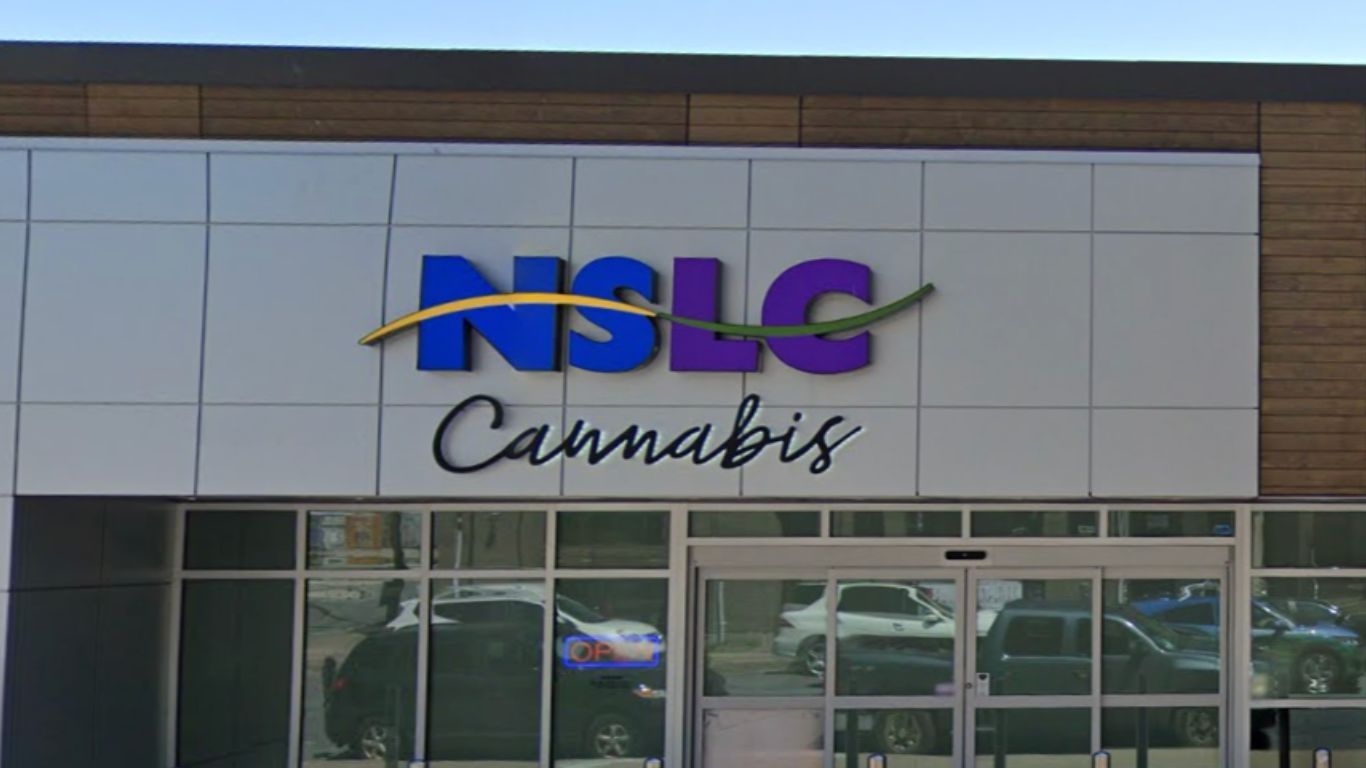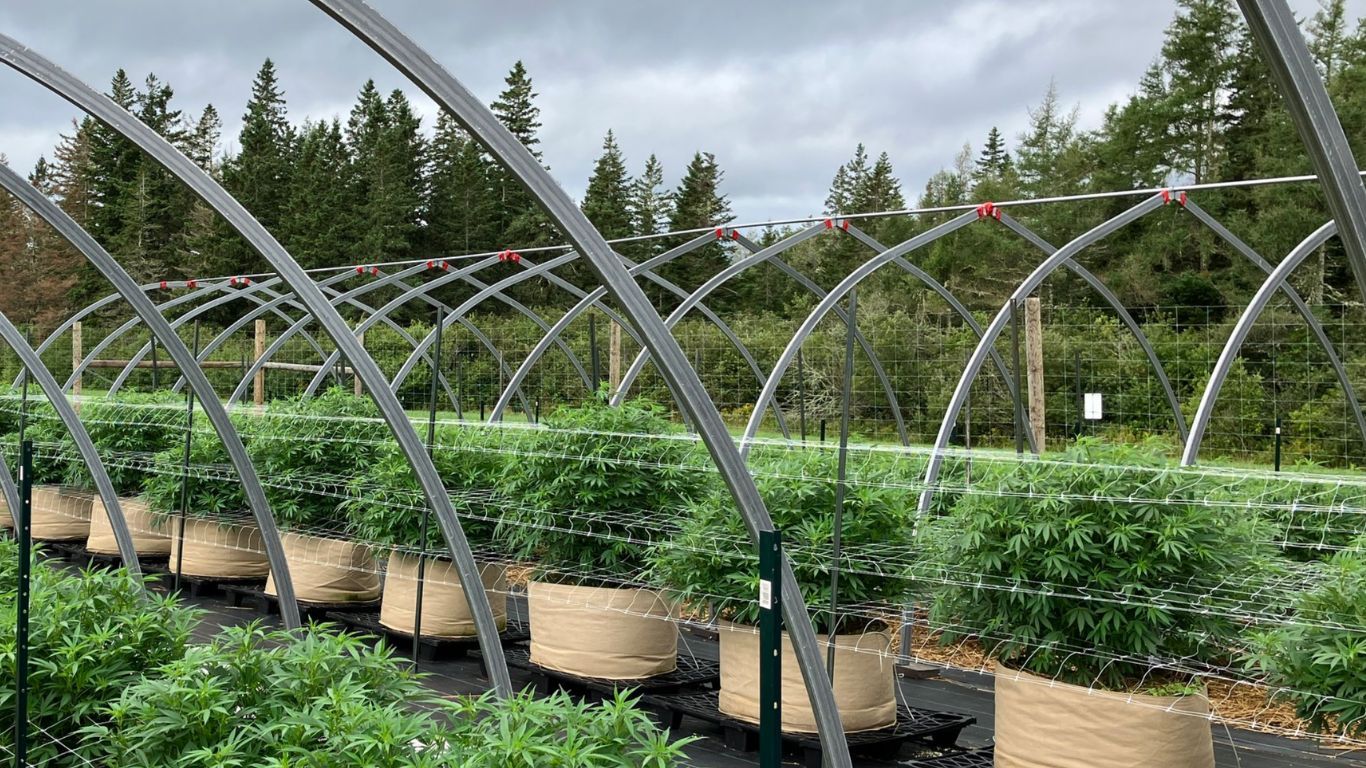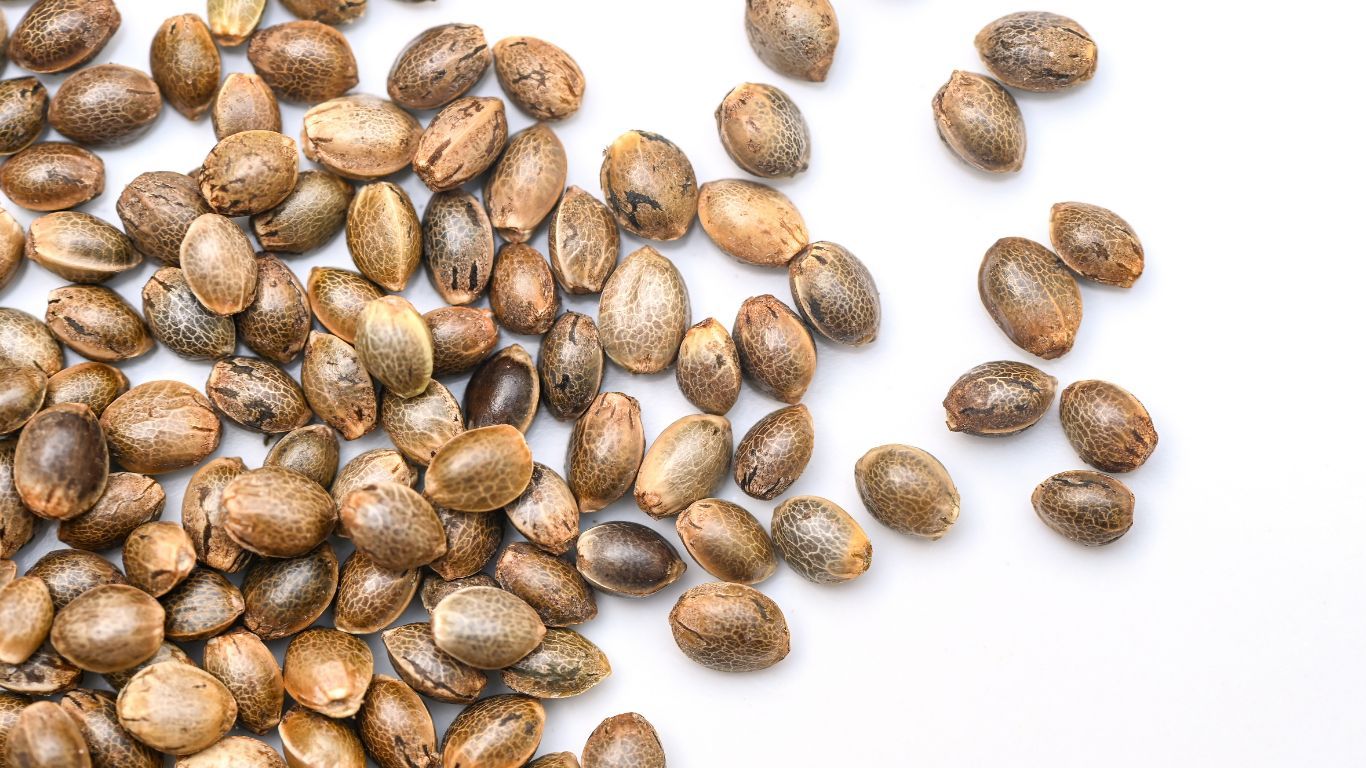
Nunavummiut purchased roughly one kilogram of cannabis per month in 2019-20, according to the Nunavut Liquor and Cannabis Commission’s (NULC) annual report for the fiscal year ending March 31, 2020.
All purchases were made online through the territory’s two contracted producers, Tweed and Vertical Cannabis (AgMedica). The agency says sales continue to be lower than anticipated and will likely remain that way until there are privately-owned stores in Nunavut communities.
When legalization came into force in Canada in October 2018, the territory was not yet prepared to issue licenses to private retailers, and instead allowed residents to order online directly from Tweed and AgMedica. Tweed has been authorized to sell to residents in the territory since October 2018 and AgMedica since April 2019.
Total cannabis sales in the territory for the 2020 fiscal year were $97,854 and $79,314 for the previous year. Liquor sales for the territory for the same time periods were, respectively, $15,903,502 and $16,065,779. Cannabis sales were .61% of total revenue for the agency for fiscal year 2019-20 with 11,709 grams (or equivalent) sold.
The territory began accepting applications for private brick and mortar retailers in June 2020, although only one store has currently applied, located in the capital city of Iqaluit, with approximately 8,000 residents. The prospective retailer is still making its way through the approval process. The territory has a population of about 40,000.
The territory says sales continue to be lower than anticipated, at least in part due to the limited nature of online access and some consumers reluctance to order with a credit card or have cannabis delivered to their home. They expect sales to increase as stores become available.
The territory will now allow two new licence types, physical cannabis stores and what it’s calling remote sales. These two licence categories can also be combined. There are also two subclasses of physical stores: enclosed cannabis stores and integrated cannabis stores.
Enclosed cannabis stores can be either stand-alone buildings or a store located within an existing commercial space such as a multi unit building.
Integrated cannabis stores, however, allow for a retailer within an existing commercial business that is accessible to the general public, such as a general store, etc. As much of Nunavut’s population is in remote areas that might not be able to financially support a stand-alone retailer, this would provide another possible mode of over the counter access.
Unlike enclosed stores, integrated stores will not be allowed to display products or discuss cannabis products with customers, but will operate as more discreet access points where consumers can select their purchases from a product list from a separate point-of-sale terminal.
A remote sales licence, which can be combined with a physical cannabis store licence, allows a licence holder to store and ship cannabis products via Canada Post or another delivery service, to residents who can order online, by phone or app.
Retailers will be able to access cannabis directly from federally licensed cannabis producers who are registered suppliers with the territory, rather than going through a territorial distributor. Saskatchewan is the only other jurisdiction in Canada that has no government-run distribution arm.
The territory has also begun accepting new suppliers for those retail stores, with six currently listed, Zenabis, Tweed, The Green Organic Dutchman, Supreme, AgMedica, and Dykstra Greenhouses.
Applications will be approved by the Department of Finance’s Superintendent of Licensing who will consult with communities and local key stakeholder groups before granting licenses to operate physical cannabis stores.











